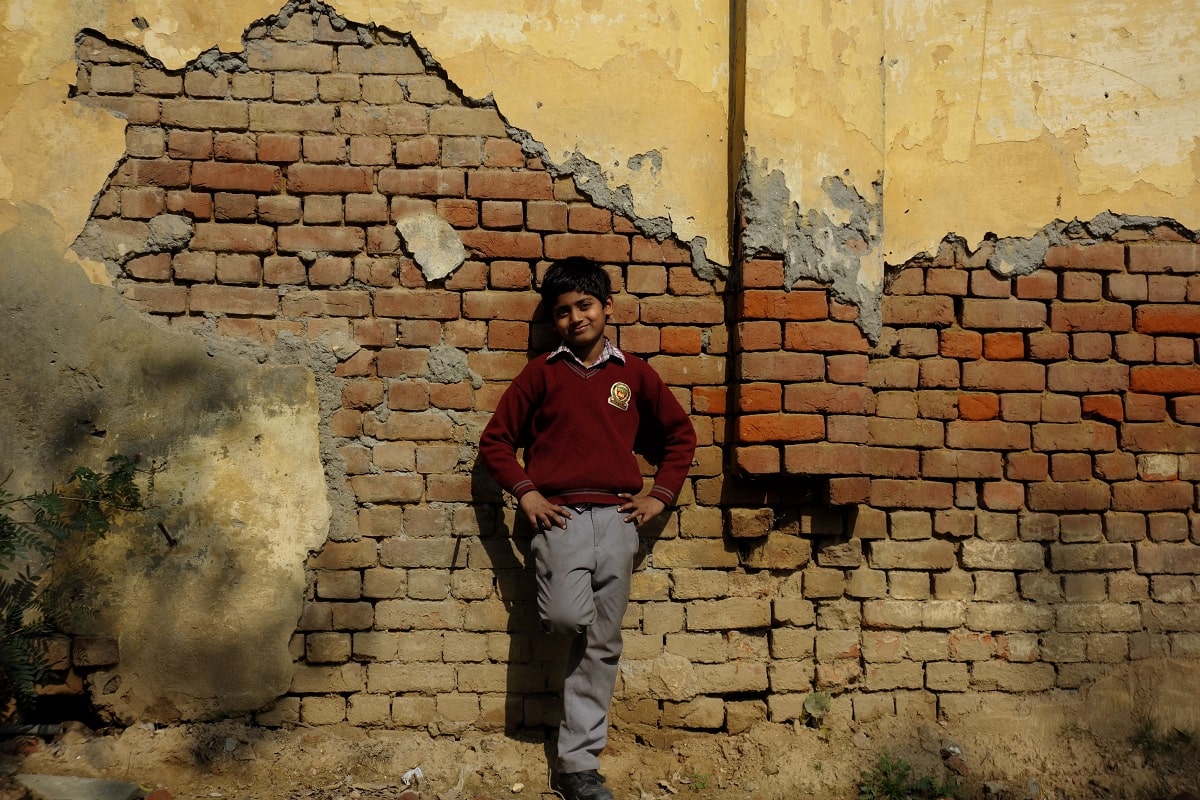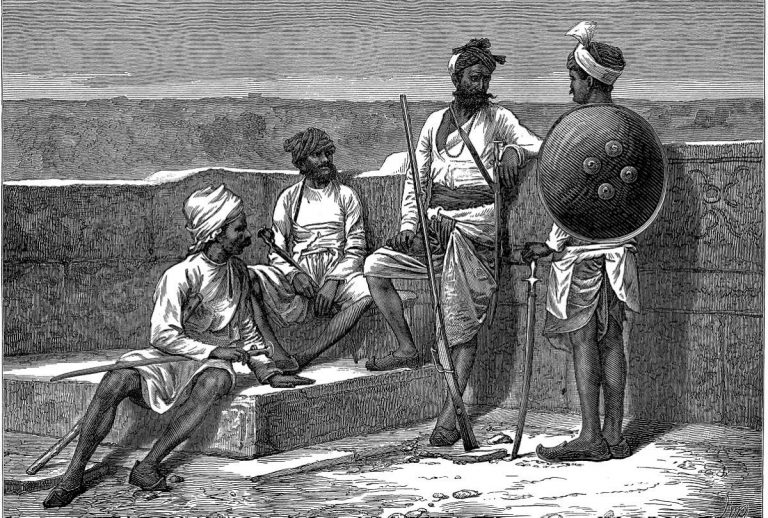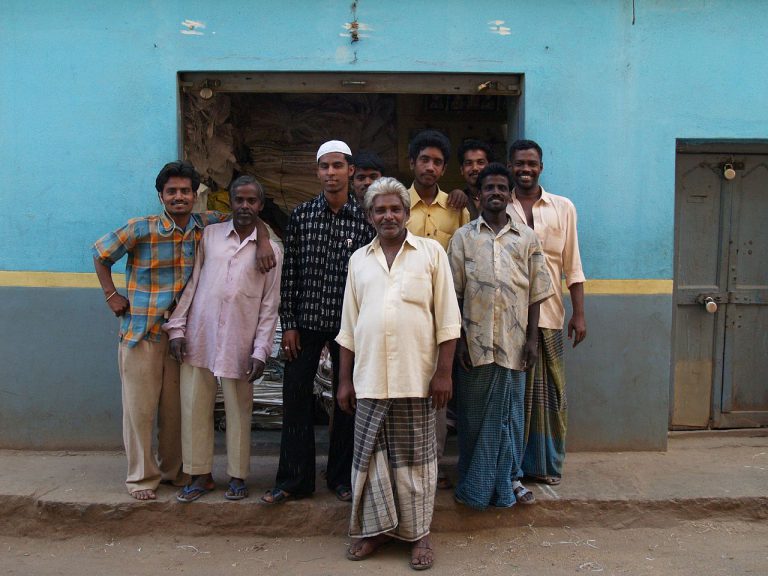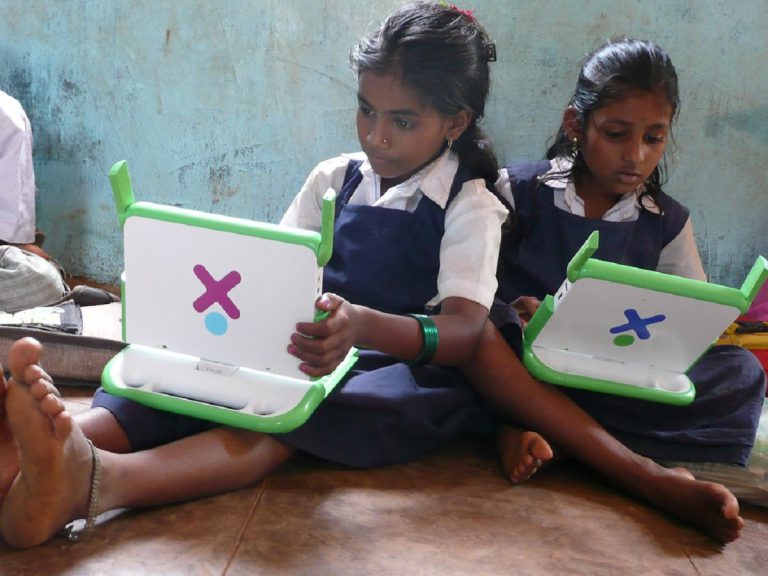Are schools and education system killing creativity?

It was like any other normal day. Hundreds of people wearing the same clothes entering a building around 8 am and leaving after around six hours, doing the same activities as always. You have probably guessed which building I am talking about, if not let me give you one more hint. Entering into this building is supposed to make our future bright. Yes, you are right. Its The School.
Don’t you ever wonder why the schools which claim to make us critical, creative and socially skilled to deal with the modern world are still using the age-old archaic methods? Treating students as machines and feeding facts and information in their RAM.
If you compare a classroom from a hundred years ago to a modern one you will not find much difference in both. Now one might ask why there is a need for difference in the first place? Over time, all major institutions like family, polity, marriage, religion, etc. have undergone drastic changes and if one institution fails to keep pace with change it becomes less relevant. The more unsuited the institution becomes, the harder the rules must be enforced and the system becomes smothering. Possibly, that is the reason why there is an increasing comparison between schools and prisons.
Graham Brown Martin in his book ‘Learning Reimagined’ explains a common reason behind this reluctance for change. The education system, precisely the schooling we have today was designed in the 19th century to produce a workforce required by factories. They required mostly clerks to do desk jobs silently and obediently or workers to produce identical products, with a fear of punishment if they fail to achieve desired results. Skills like critical thinking, innovation, leadership, collaboration, were reserved for a category to which masses did not belong.
A child learns best when he is free to dive in the ocean of imagination with curiosity and creativity to find solutions. Children love learning. They learn to walk, to talk, to play through watching and experimenting but as they enter school learning becomes the most despicable thing ever existed. Cramming notes all night with the fear of getting tagged as a failure is the worst nightmare of every student. Mine was too.
Sitting for six hours on a bench while teachers feeding you with facts does not have enough spark to ignite the fire of curiosity.
I thought that the scenario will change once you start college but it is the same, perhaps even worse when you are pursuing the infamous degree of BA. On the first day of my college, I realized that the subjects I have chosen are merely the ‘scoring’ subjects taken by students to complement their percentage and mind you these are the subjects like Sociology, History which are crucial for the development of society.
Then came the agony of exams. Writing endlessly for three hours just to prove your memory, not knowledge. I never understood the concept of lengthy papers. What’s the point of writing when you don’t even have the time to think about what you are writing?
Some people argue that the advent of technology will change the face of education. If you just substitute blackboards with smart classes it will not change anything but only accelerates the prevalent process.
But still, there are some institutions that are closing doors of conventional mechanic ways of teaching and opting for open systems of learning. For example, SECMOL founded by Sonam Wangchuk and a group of Ladakhi college students in 1988 to reform education in Ladakh. The campus is an extraordinary example of sustainable development, using solar power and other unconventional sources of energy. The school is now developed into an eco-friendly village where students and staff learn and work together. Here, the students learn practical, environmental, social and cultural skills required to lead a good life with confidence. An interesting fact is that the school is run and maintained mostly by students, democratically. Sonam Wangchuk considered this idea of reforming education in Ladakh when he came across the fact that when a student with 95 percent marks is made to feel like a failure, it is not the mistake of a student, but the failure of the system.
Similarly, Essa Academy of Bolton has adopted a new approach for teaching. They give an iPad to every student, on which they do projects, share material with each other and with teachers. Students can also seek personal help from teachers whenever required.
While technology is helping in opening new portals for reforming education some organizations are taking inspiration from the natural world to foster the interests of children. The Forest School movement promotes this method. It does not matter whether the approach is high-tech or low-tech as long as it opens up the rich and diverse world of interests for children and helps them to discover their own unique self, it is okay.
There are many other programs designed to help children and not restraining their creativity. For example, an organization called ‘Quest to Learn’ uses a game-based approach to teach children. Students are required to solve complicated problems that require a lot of information and skills. They learn all these skills willingly with the excitement of gamers.
But we should keep in mind that governments do not have any contribution in making all the above-mentioned projects successful. They succeeded despite the system not because of it. It is high time that we change our education system. As Noam Chomsky puts it, “Education should be enlightenment, not indoctrination”.
Schools are supposed to help kids not mold them into dehumanized robotic-zombies with no uniqueness or innovation. We need to stop judging a fish’s ability to climb a tree. Also, our education system should be more inclusive. There are about 263 million children and youth out of school, globally. Who knows which kid among these millions has the solution for climate change or poverty or inequality? Every child needs to pave his own path but not to the factory, to the real world…
Featured Image Credits: Sri Harsha Dantuluri









Readers' Reviews (2 replies)